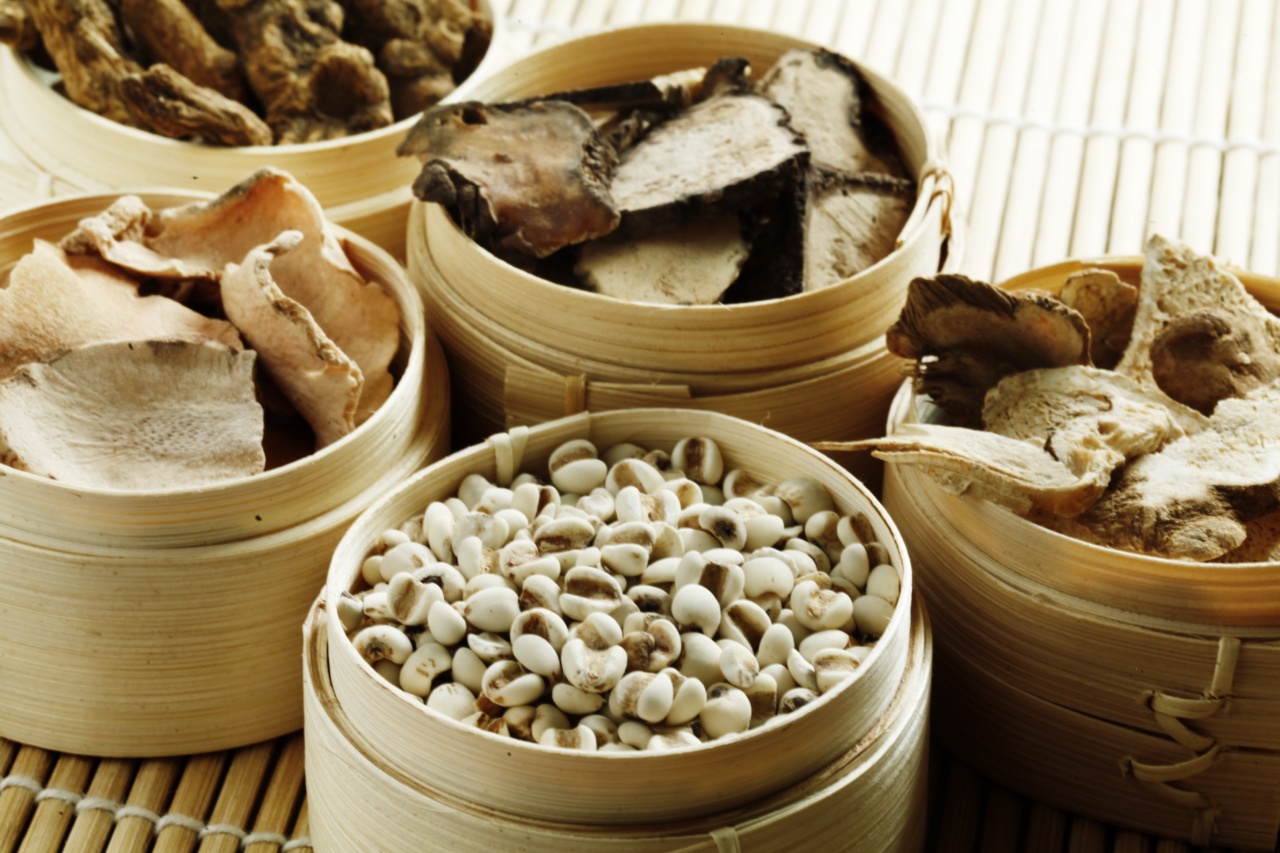There are certain foods and medicines that should not be taken together, as they can interact with one another and cause negative side effects. These interactions can be dangerous and sometimes even life-threatening.
It is important to know which foods and medications should not be combined, so that you can take them safely and without any harmful effects.
1. Grapefruit and certain medications
Grapefruit and grapefruit juice can interfere with the way certain medications are metabolized in the body. This can cause the medication to be absorbed too quickly or too slowly, which can lead to harmful side effects.
Some of the medications that can interact with grapefruit include:.
- Statins
- Blood pressure medications
- Antihistamines
- Anxiety medications
- Some antibiotics
2. Alcohol and certain medications
Alcohol can interact with certain medications and cause harmful side effects. It can increase the sedative effects of some medications, making it dangerous to drive or operate heavy machinery.
It can also interfere with the metabolism of some medications, causing them to be absorbed too quickly or too slowly. Some of the medications that can interact with alcohol include:.
- Pain medications
- Antidepressants
- Anxiety medications
- Blood thinners
- Some antibiotics
3. Dairy products and antibiotics
Dairy products can interfere with the absorption of certain antibiotics, making them less effective. It is important to avoid consuming dairy products, such as milk, cheese, and yogurt, when taking antibiotics.
Some of the antibiotics that can be affected by dairy products include:.
- Tetracyclines
- Fluoroquinolones
- Multivitamins with minerals
4. Vitamin K-rich foods and blood thinners
Some blood thinners, such as warfarin, work by blocking the action of vitamin K in the body. Therefore, it is important to limit your intake of vitamin K-rich foods, such as leafy green vegetables, when taking blood thinners.
Consuming too much vitamin K can make the blood thinner less effective. It is important to talk to your doctor about your diet when taking blood thinners.
5. Tyramine-rich foods and MAO inhibitors
MAO inhibitors are a type of antidepressant medication that can interact with tyramine-rich foods, causing a dangerous increase in blood pressure. Some of the foods that are high in tyramine include:.
- Some cheeses
- Smoked meats
- Beer
- Wine
- Some fruits, such as avocados and bananas
6. Caffeine and asthma medications
Caffeine can interact with certain asthma medications, making them less effective. It can also increase the heart rate and cause jitters or nervousness. It is important to limit your intake of caffeine when taking asthma medications.
Some of the asthma medications that can interact with caffeine include:.
- Theophylline
- Montelukast
- Zafirlukast
7. St. John’s wort and certain medications
St. John’s wort is an herbal supplement that is sometimes used to treat depression. However, it can interact with certain medications and cause harmful side effects.
It can interfere with the way some medications are metabolized in the body, making them less effective or causing them to be absorbed too quickly. Some of the medications that can interact with St. John’s wort include:.
- Antidepressants
- Birth control pills
- Blood thinners
8. High-sodium foods and blood pressure medications
High-sodium foods, such as fast food and processed snacks, can interact with blood pressure medications and cause them to be less effective. It is important to limit your intake of high-sodium foods when taking blood pressure medications.
Some of the blood pressure medications that can be affected by high-sodium foods include:.
- Diuretics
- Beta blockers
- ACE inhibitors
9. Licorice and certain medications
Licorice is an herbal supplement that can interact with certain medications and cause harmful side effects.
It can interfere with the way some medications are metabolized in the body, making them less effective or causing them to be absorbed too quickly. Some of the medications that can interact with licorice include:.
- Blood pressure medications
- Corticosteroids
- Diuretics
10. High-fiber foods and certain medications
High-fiber foods, such as whole grains and fruits and vegetables, can interfere with the absorption of certain medications, making them less effective. It is important to talk to your doctor about your diet when taking medications.
Some of the medications that can be affected by high-fiber foods include:.
- Thyroid medications
- Cholesterol-lowering medications
- Pain medications
Conclusion
It is important to be aware of which foods and medications do not mix, in order to avoid dangerous interactions and harmful side effects.
Always talk to your doctor or pharmacist before starting a new medication or supplement, and be sure to read any warnings or instructions that come with your medication. By being aware of these potential interactions, you can take your medications safely and effectively.































